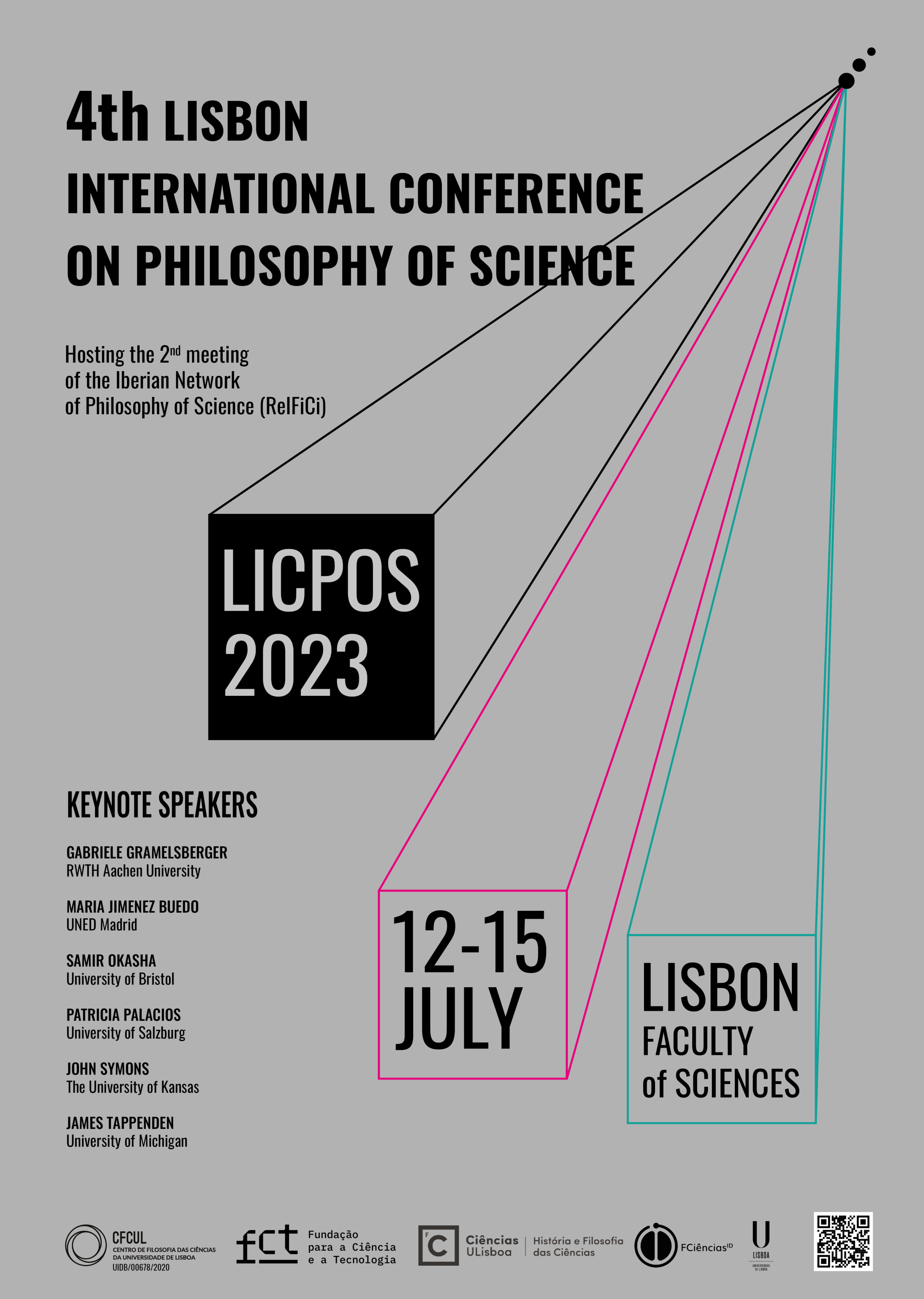
The evolutionary origin of sentience is a foundational problem in biology. The object of analysis might be defined (arguably without sufficient precision) as the organismal capacity to have subjective experiences with attractive or aversive qualities, such as pain and pleasure. While most sentience research is focused on animals, the growing literature on plants’ behaviour, cognition and putative sentience is an indication of the relevance of the question. Moreover, identifying sentience is fundamental for any ethics that has a sentientist foundation (i.e., whereby suffering grounds moral considerability). A noticeable trend stemming from animal research is that the growing phylogenetic and behavioural evidence is interpreted in terms of widening sentience ascription (as shown by the protection granted to some invertebrate species in some legislative frameworks). Biologically, this interpretive change is rooted in the Darwinian theory of common descent. However, evolutionism by itself is silent on the question of the origin and phylogenetic distribution of sentience. Indeed, this symposium aims to show that there is no straightforward answer to the following question: does contemporary biological research provide good reasons to cut phylogeny sharply between sentient and non-sentient organisms? The symposium features talks on a variety of topics related to sentience research, such as the definition of the object of study (Airoldi), the nature of sentience (Santos), its relation to organismal agency (Esposito) and organismal responses (Baravalle and Vecchi) as well as the status of sentientist ethics (Marques da Silva). The topics will be addressed philosophically, biologically and historically.
Comunicações:
Giorgio Airoldi (UNED; CFCUL/Evorise) – Seeking a definition of sentience apt for sentience research
Gil Santos (CFCUL/GI2) – On the nature, origin and explanation of sentience
Maurizio Esposito (CIUHCT) – “Organismal Agency” in the history and philosophy of the Life Sciences
Lorenzo Baravalle (CFCUL/GI2) – Automata, languages and plant cognition
Davide Vecchi (CFCUL/GI2) – Sentience research and criteria of behavioural flexibility
Jorge Marques da Silva (BIOISI) – Sentience as the ground for moral standing: from Decapoda to Poales